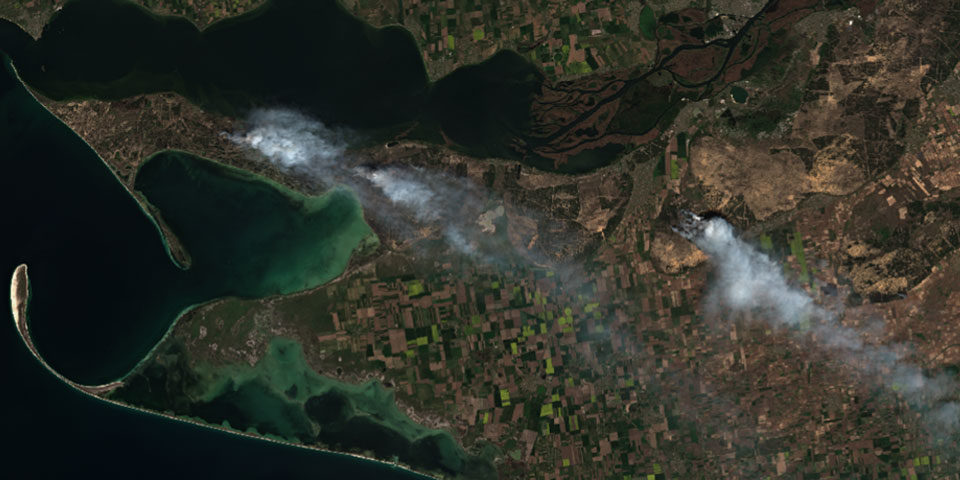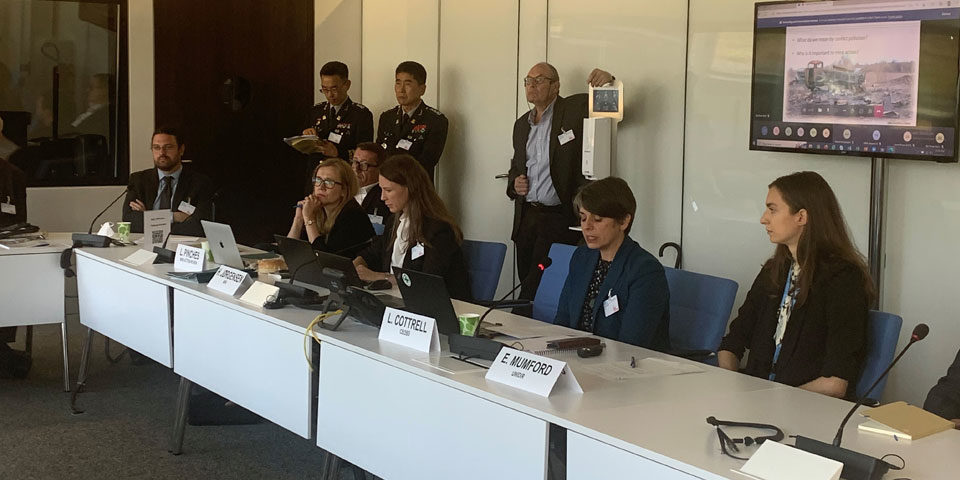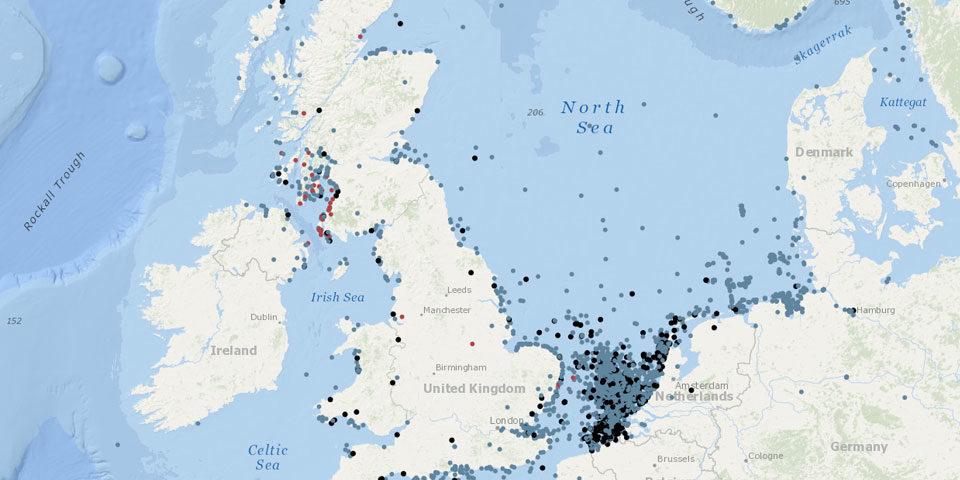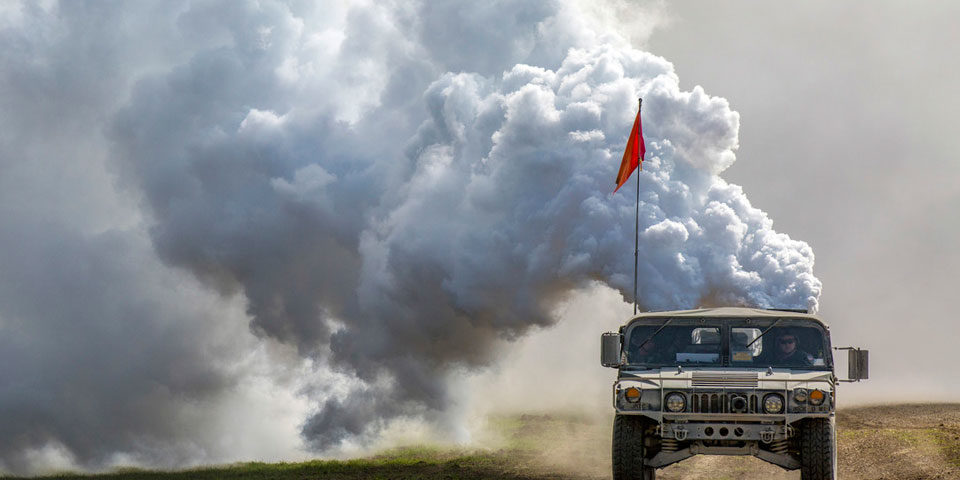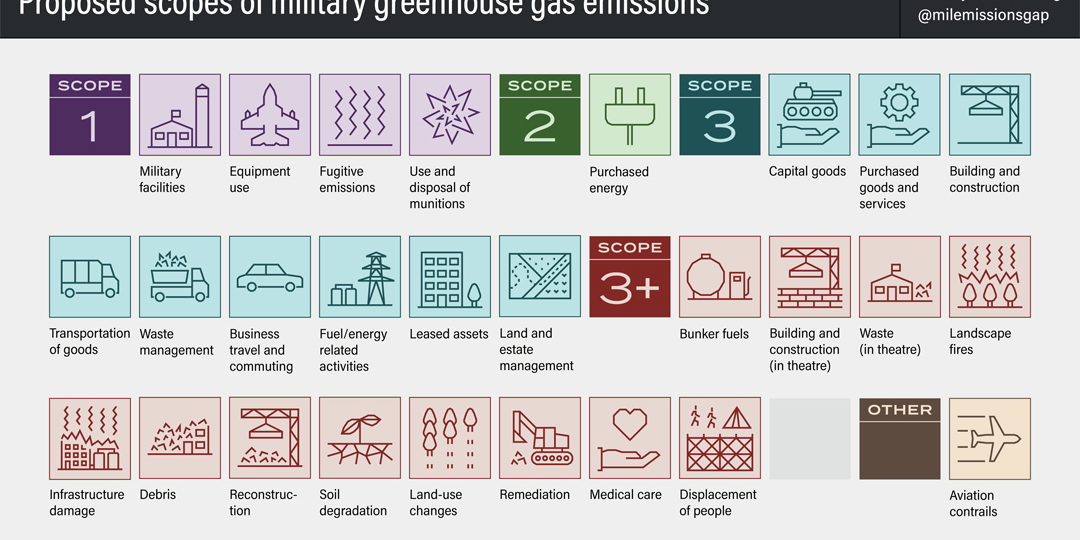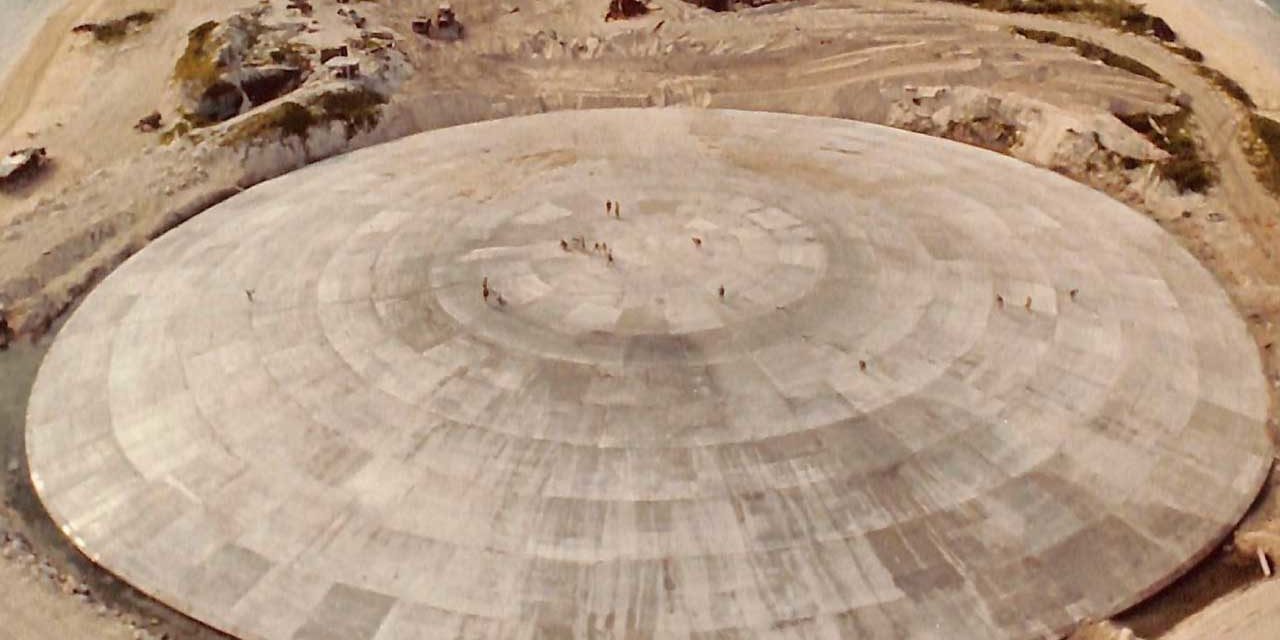Sustainable recovery? First sustain interest in Ukraine’s environment
An unprecedented volume of environmental data is being gathered on the invasion of Ukraine. Doug Weir explores what kind of data is being gathered, and by whom, as well as the environmental narratives that are developing and the implications of this level of documentation.

